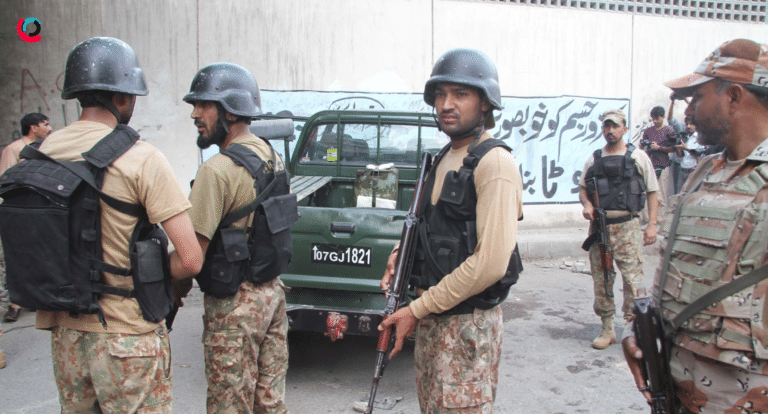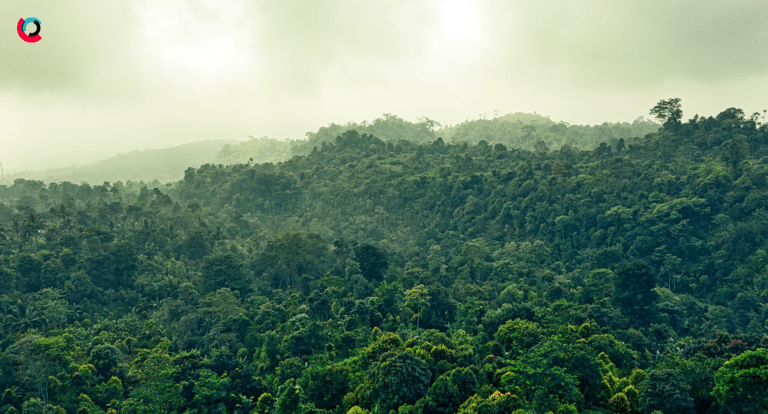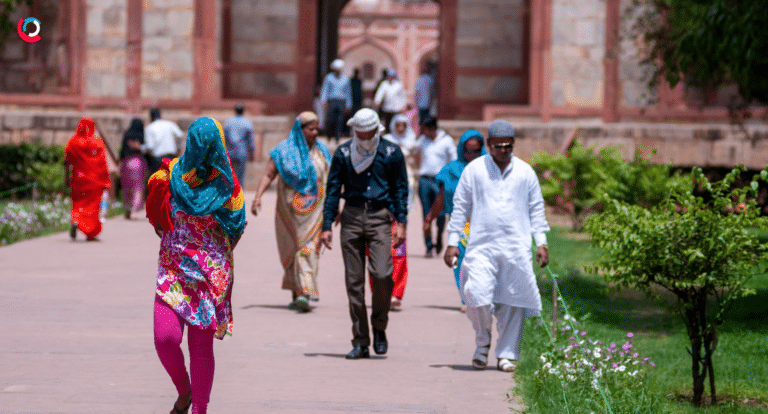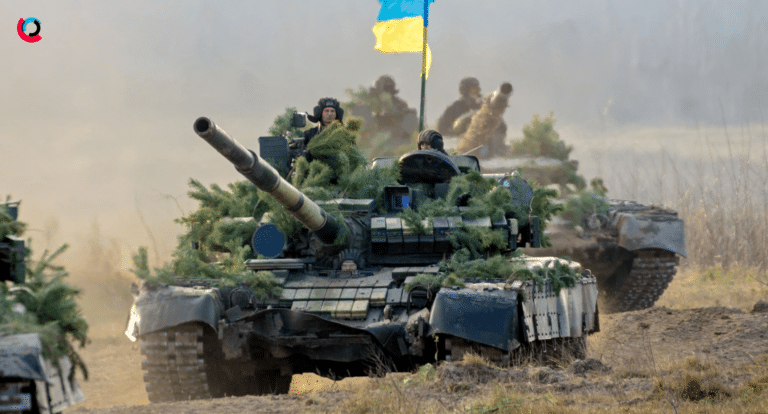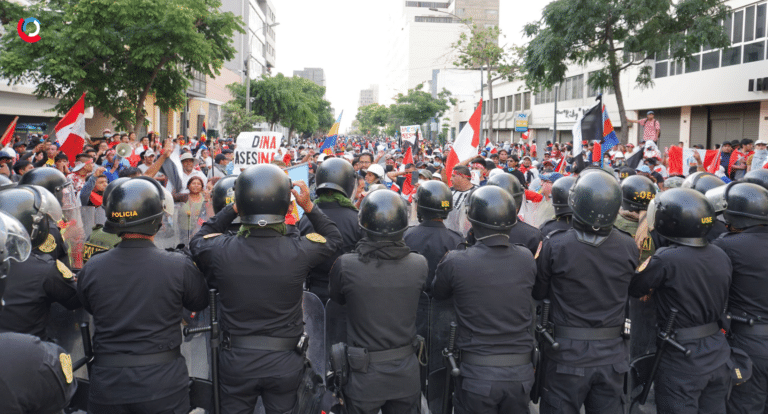
Looking back at 2021, several bright spots stand out in an otherwise gloomy year that remained in the shadow of the Covid-19 pandemic. First and foremost, mass vaccination prevented millions of people from getting sick and many others from dying. Meanwhile, national economies and many industries have begun to recover from the initial hit of the pandemic in 2020, despite ongoing hiccups with global supply chains. And, finally, the US-led war in Afghanistan was brought to an end after two decades, albeit in a haphazard way that ultimately left the country in the hands of the Taliban.
Nevertheless, our pessimistic forecast for 2021 has largely been borne out. Low-income countries – especially those in Africa – have struggled to secure stocks of vaccine and are unlikely to have a supply sufficient for their populations until after 2022. Misinformation campaigns about the pandemic have hardened political polarisation and mean that full vaccination coverage in many countries may be impossible.
Outside the pandemic, the conflict in Ethiopia did indeed spiral and, while there was no direct conflict between Israel and Iran this year, another round of punishing violence in the Gaza Strip in May gives no consolation to avoiding a wider conflict in the region.
While 2021 was indeed better than 2020, it will lift no one’s spirits to report that Riskline is entering our third year of coverage of the COVID-19 pandemic. There have been positive developments and we learn more every day about the virus, yet it’s still not possible to forecast its consequences at any length of time in the future.
There remains a remote possibility that a variant escapes vaccine coverage and we end up where we started in March 2020. A more likely outcome, but only somewhat less pessimistic, is that the developed world learns to live with the virus while low-income nations add COVID-19 to an existing list of deadly, endemic diseases.
Meanwhile the effects of the pandemic will combine with those of climate change to drive further conflict, economic stagnation and mass migration in the regions least capable of adapting to these shocks. Elsewhere, developed nations will struggle with their politics as several important elections will show whether far-right voices remain ascendent or if the centre is indeed regaining ground in Europe and the United States. All the while, China will assert its strength in its near-abroad and globally, as it seeks to bend the international order to its favour or create a new one entirely.
While we hope for the best in 2022, we’ll be here through the worst: we’ve got you covered from the smallest change in COVID-19 entry policies to the latest international crisis.

